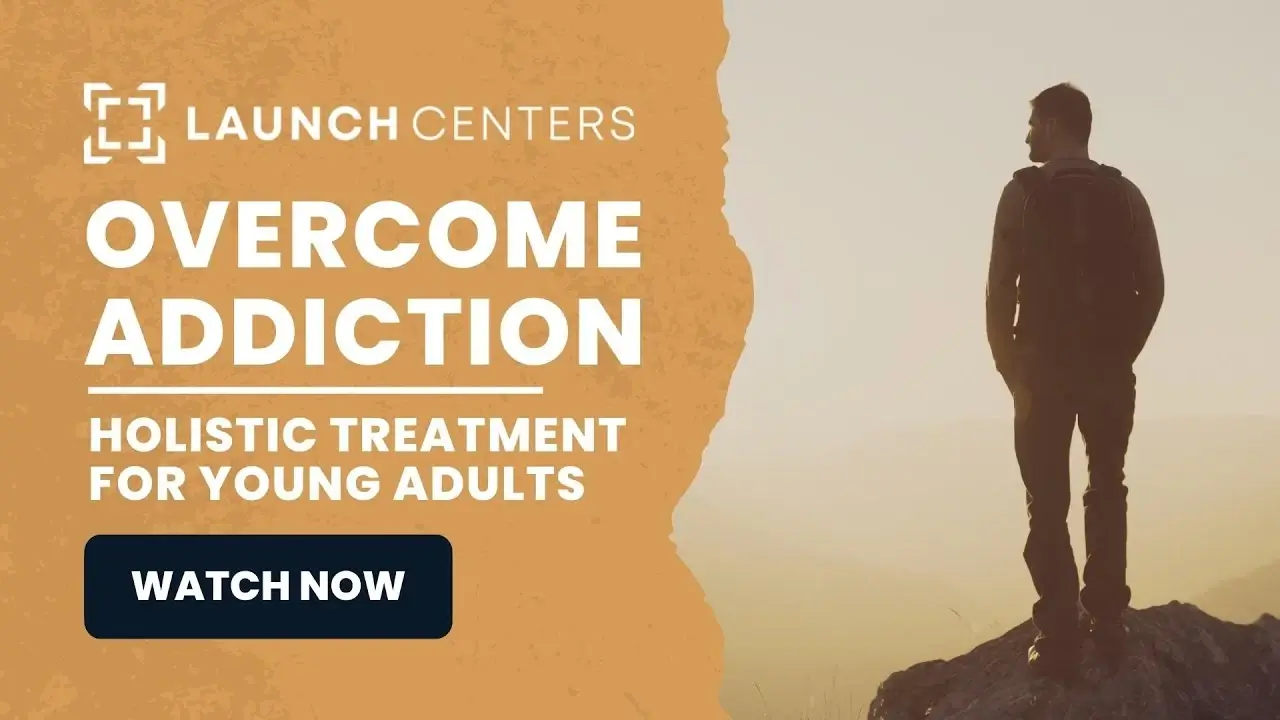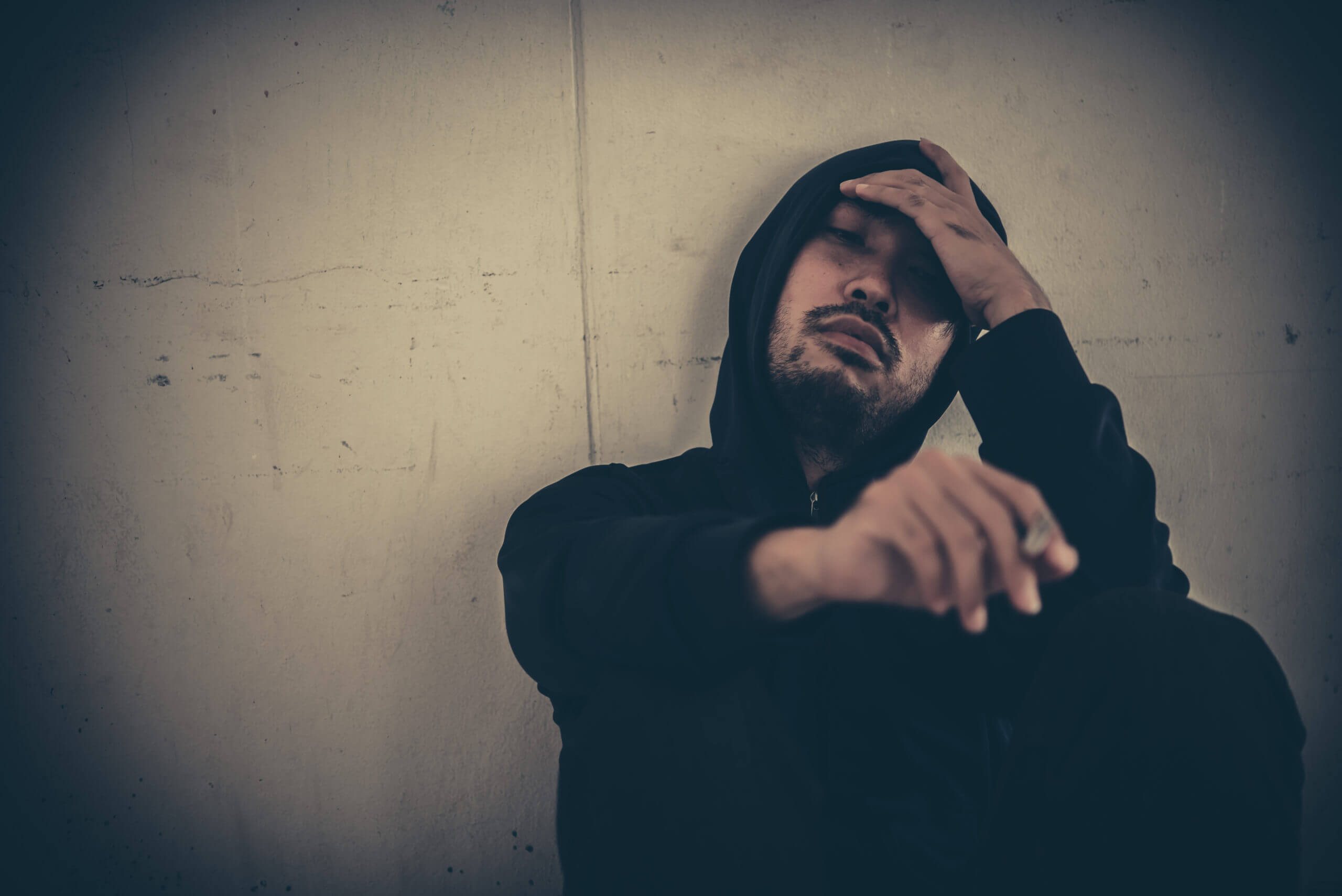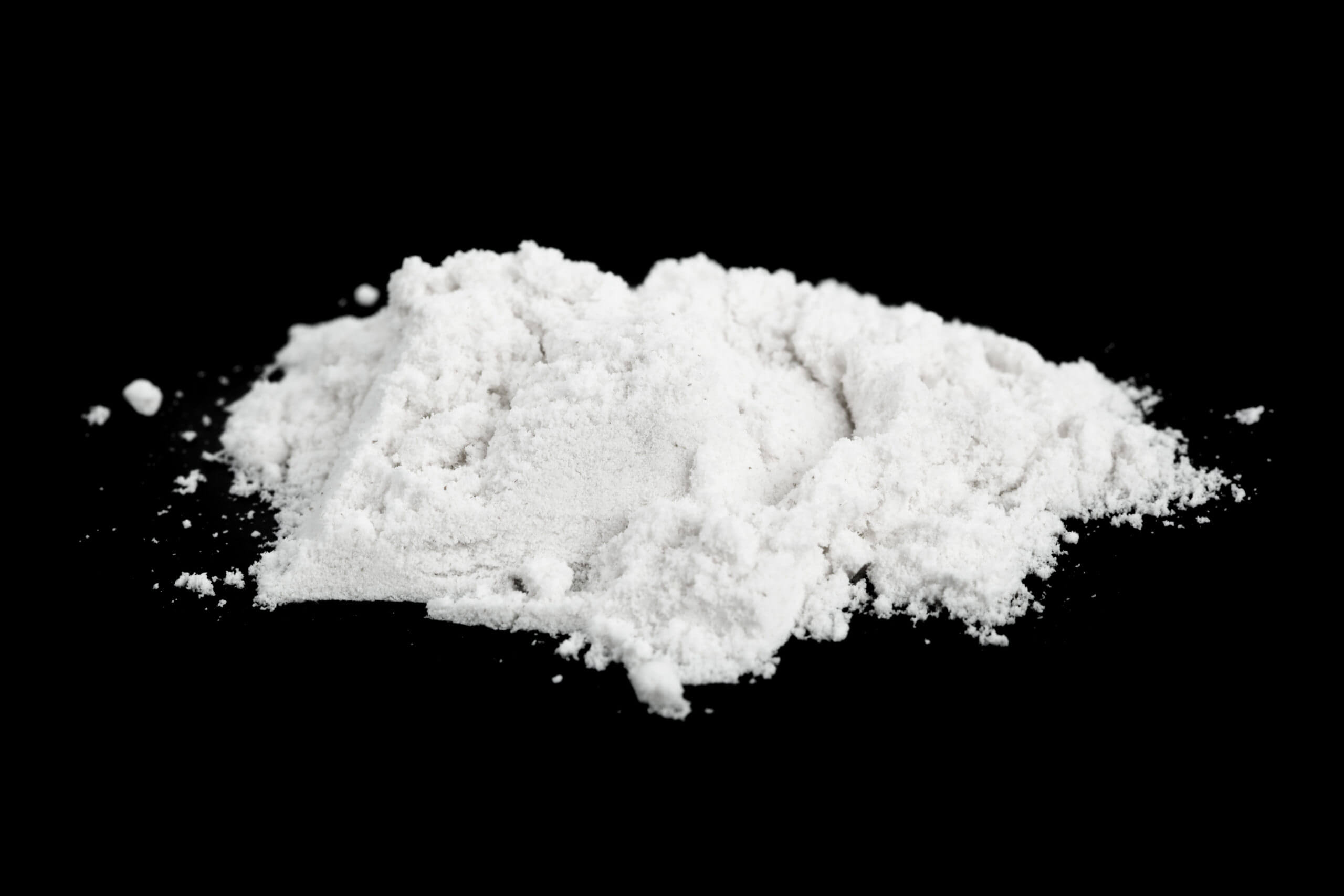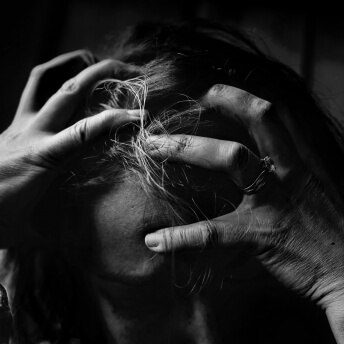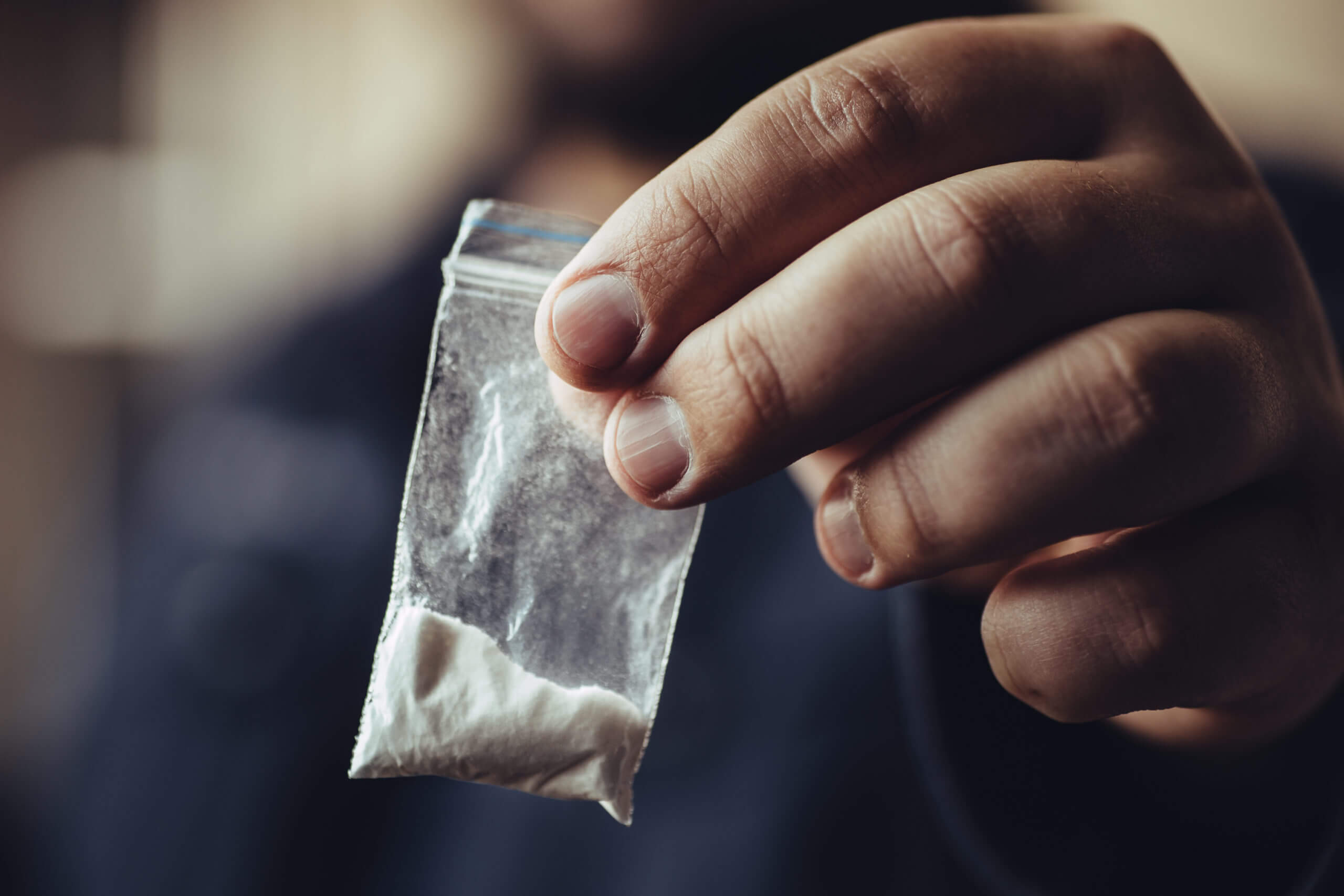
Crack / Cocaine Treatment In Los Angeles

Crack/Cocaine Addiction
Crack/cocaine refers to a chemical drug found across the nation. Crack/cocaine are two different forms of the same drug. Cocaine is cut into a powder form, and crack is the mineral formed when the cocaine is mixed with other chemicals to make the rock. Cocaine abuse is usually conducted by cutting the powder very fine and snorting it through the nose or smoked. The name crack is derived from the sound of the mineral cracking when it is being heated by the user and then smoked. Both forms of this drug are highly addictive and only gives a short-term high, encouraging those addicted to continue to use consistently in a short period of time.
The history of crack/cocaine in America stems back decades. In the 1980s, crack/cocaine began filling the streets of the United States and crack addiction is one of the most common addictions today.
Crack/Cocaine Abuse Statistics
Cocaine abuse is very common in the United States and worldwide, in part because the drug is widely available and relatively inexpensive. A 2006 report from the National Survey on Drug Use and Health discovered that over 35 million Americans over age 12 have used cocaine. Similarly, about 8.6 million Americans of the same age have reported using crack.
People of all ages and genders use cocaine and crack, but data shows that adults between the ages of 18 to 25 use cocaine and crack the most frequently. Roughly 1.3% of women used cocaine in 2016, whereas 2.5% of men reported using the drug. Men were also more likely to get treatment for cocaine addiction than women.
Cocaine and crack use can be very dangerous, and in the U.S., cocaine causes more emergency room visits than any other illegal drug. In 2005, there were about 448,000 emergency room visits involving cocaine.
Treatment for Crack and Cocaine Users
The long history of crack/cocaine addiction in the United States and its addictive property make it a substance that often needs treatment for recovery. Treatment assists those suffering from crack/cocaine abuse by treating the physical addiction and the behavior associated with using.
The relapse potential for a crack/cocaine addiction is higher than other substances because the craving is so strong and affects the brain so strongly. The benefits of treatment teaching those who have suffered how to move forward in their life post-addiction, avoid triggers and stay focused on the road of recovery.
Treatment for Crack/Cocaine in Los Angeles
Inpatient treatment is one of the most popular options that require those with a crack/cocaine addiction to detox their body from the substance they are using. During the initial process of inpatient, the detox begins shortly after they have entered the facility and only hours after the final use. Physically, they will become sick, agitated, as their body amplifies the craving for the substance. Once this has subsided after several days, they will experience a variety of treatments and therapies in the facility until treatment has been completed. Each treatment plan is designed with the individual in mind, and is determined based upon the severity of the addiction and can provide family counseling.
Outpatient treatments are available for those with much milder addictions, who can still operate their daily lives while battling their addiction. These patients are given resources and access to therapy sessions and other treatments that help them adjust to crack/cocaine recovery. They are scheduled for weekly check-ins and visits with the doctors and counselors at the facility until their treatment is complete.
Sober living is the stage that comes post-treatment. While in treatment, patients are introduced to this via therapies and sessions with each other where they are taught the different types of triggers and what to avoid once treatment is over. One the patients complete the treatment, have identified the triggers, they are provided assistance reintegrating back into society. They are also assigned to support groups for outside assistance.
The types of therapy included in the treatment options include individual therapies where the patient has the ability to work with a counselor one on one regarding their personal triggers. This opportunity gives them the chance to discover why they took on the addiction initially and how to treat the source of the problem. They are also provided access to group therapy sessions while in treatment, where they are introduced to others who have experienced similar situations and provide a lifeline of accountability amongst each other.
Get Clean From Crack/Cocaine For Good At Launch Centers In Los Angeles
Crack/cocaine addictions can be difficult to overcome, but getting professional treatment can make recovery more effective. At Launch Centers, we specialize in treating crack and cocaine addiction in young people. Through a mix of clinical therapies, academic programming and life skills training, we help our clients overcome their addictions so they can be successful in all areas of their life.
Learn more about substance abuse treatment at Launch Centers in Los Angeles.
